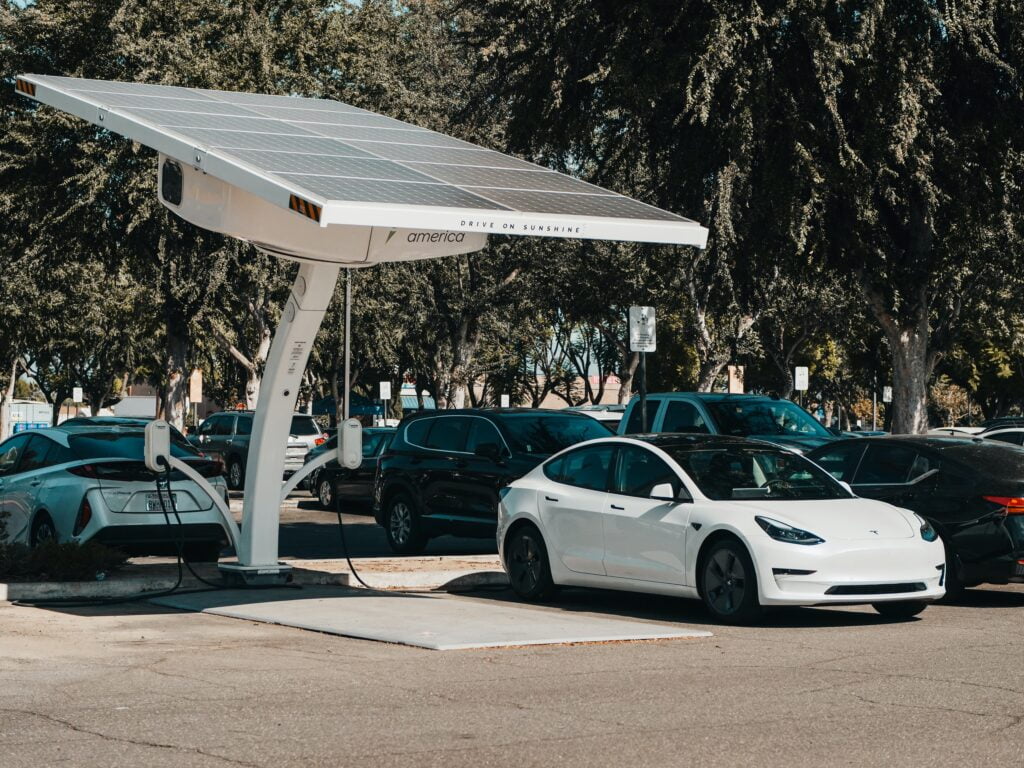Introduction

The debate between electric vs gasoline cars has become increasingly prominent as our world transitions towards more sustainable and eco-friendly transportation options. When it comes to traveling, the choice between electric and gasoline-powered vehicles carries significant implications for efficiency, environmental impact, and overall convenience. In this exploration, we will delve into the merits and drawbacks of both electric and gasoline cars to help you make an informed decision for your travel needs.
Electric cars have gained considerable attention in recent years for their promise of reduced carbon emissions and lower operating costs. They rely on electricity stored in batteries to power an electric motor, eliminating the need for traditional internal combustion engines. This shift in technology has transformed the automotive industry, with many travelers considering electric vehicles (EVs) as a viable option for their journeys.
On the other hand, gasoline cars have been the conventional choice for decades, offering a well-established infrastructure of refueling stations and a familiar driving experience. They rely on gasoline or diesel fuel to power their engines, and while they are often criticized for their environmental impact, advancements in fuel efficiency and cleaner engine technologies have been made.
In this comparison, we will explore various aspects of traveling with both types of vehicles, including range, charging/refueling infrastructure, environmental impact, and the overall driving experience. By the end of this guide, you will have a clearer understanding of which option aligns best with your travel preferences and values. Whether you prioritize sustainability or convenience, the electric vs. gasoline car debate has much to offer for today’s discerning traveler.
READ ALSO: Exploring Europe: Plan Your Journey with Rail Online’s Eurail Passes
Electric vs Gasoline Cars: Which is Better for Traveling? – Merits and Demerits compared

Range:
One of the critical factors to consider when choosing between electric and gasoline cars for travel is range. Gasoline cars typically have a longer range on a single tank of fuel compared to electric cars on a single charge. This means you can cover greater distances between refueling stops with a gasoline vehicle. However, electric cars are continually improving in this regard, with some high-end models now offering impressive ranges that can rival their gasoline counterparts.
Charging vs. Refueling:
The way you refuel or recharge your vehicle can significantly impact your travel experience. Gasoline cars have the advantage of an extensive network of refueling stations, making it relatively easy to find a gas station even in remote areas. Electric cars, on the other hand, rely on charging infrastructure, which is still developing in many regions. While charging stations are becoming more widespread, it’s essential to plan your electric car travel routes carefully and be prepared for longer stops to recharge.
Environmental Impact
Environmental consciousness often plays a significant role in choosing between electric and gasoline cars. Electric vehicles are known for their lower greenhouse gas emissions, especially when charged with renewable energy sources. They contribute to reduced air pollution and dependence on fossil fuels. Gasoline cars, on the other hand, emit greenhouse gases and pollutants when burning gasoline, contributing to environmental issues such as climate change and air quality problems.
Cost of Operation
Traveling can be expensive, so considering the cost of operating your vehicle is crucial. Electric cars generally have lower operating costs due to the lower price of electricity compared to gasoline. They also require less maintenance since they have fewer moving parts. However, the initial purchase price of electric cars can be higher than that of gasoline cars, although this gap is narrowing with time.
Driving Experience
The driving experience can vary between electric and gasoline cars. Electric vehicles are known for their quiet and smooth operation, instant torque for quick acceleration, and regenerative braking that can improve efficiency. Gasoline cars offer a familiar driving experience, with readily available power and the convenience of a well-established infrastructure.
Infrastructure and Accessibility
When planning your travels, it’s essential to consider the accessibility of charging or refueling options. Gasoline cars have the advantage of a robust and widespread infrastructure. Electric cars, while gaining ground, may still face challenges in finding charging stations in certain areas, especially in remote or less developed regions.
Conclusion
In conclusion, the decision between electric and gasoline cars for traveling is multifaceted, with each option offering its own set of advantages and drawbacks. Ultimately, the choice hinges on your individual preferences, travel habits, and environmental concerns.
Electric cars are rapidly evolving and gaining popularity due to their reduced environmental impact, lower operating costs, and advancements in range capabilities. For environmentally conscious travelers, electric vehicles represent a significant step toward reducing carbon emissions and combating climate change.
On the other hand, gasoline cars remain a practical choice for those who prioritize convenience and require longer travel ranges. Gasoline vehicles benefit from an extensive refueling infrastructure that is easily accessible, making them a reliable option for travelers exploring both urban and remote areas.
As you make your decision, consider your travel needs, the availability of charging or refueling infrastructure along your planned routes, and your commitment to reducing your carbon footprint. The transition to electric cars is undoubtedly a positive shift toward a more sustainable future, but the current state of charging infrastructure may necessitate careful planning for longer journeys.
Ultimately, whether you opt for the electric revolution or continue to rely on gasoline, the future of travel is increasingly shaped by advancements in technology and environmental consciousness, offering a range of choices to suit diverse traveler preferences and values.
In other article, Top No-Annual-Fee Travel Credit Cards: A Comprehensive Review







